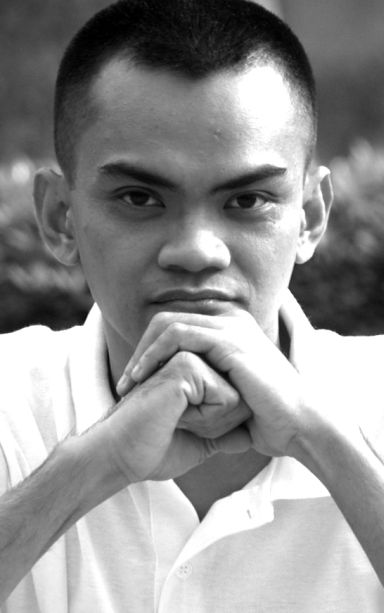
PAREDES
The recent expose of how Facebook has been sharing (or selling) our private information to interested groups (such as political parties) without our consent shows how it has been playing Big Brother in the social network.
But this does not come as a surprise or shock to many people. In fact, the fears had been there at the start of this social media phenomenon. Most of us have been aware that Facebook can get into our accounts anytime and could store permanently everything that we posted there, either publicly or privately.
What is ironic is that, in spite of the controversy, people continue to use Facebook as if nothing happened. So, as we rant against Mark Zuckerberg in the very online platform that he owns, we also litter our pages with selfies, photos of our pets and what we just ate.
When asked by CNN in Hong Kong about his reactions to the Facebook fiasco, particularly on how it might have political implications in our country, Department of Foreign Affairs Secretary Allan Peter Cayetano simply said that it is not so much a problem in the Philippines as people here don’t really have qualms about sharing information about themselves online. As a nation that is already very sociable, we are just too happy to be able to connect with friends and loved ones and let them know about our daily lives.
So we acknowledge the existence of a global Big Brother but do not really mind being under his watch all the time since we delight at the attention anyway. In fact, many of us practically invite others to surveil or voyeur on us just as we do the same to them with as much obsession. We post every detail of our daily lives, every inch of ourselves, warts and all (although, in most cases, we’d rather project a more unblemished image of ourselves).
Indeed, as the DFA Secretary said, Filipinos tend to downplay the dangers of the social network. We tend to look at it more positively being inherently more socially oriented than introverted as a people. Indeed, one can only look back to our native past being dwellers of the one-room payag or bahay kubo to be able to draw comparisons on our notions of privacy with that of the West.
And so, although we now live in partitioned houses, that sense that the family or commune, which are seen to be more important than ourselves, have the right to check on our private lives and that too much preoccupation with privacy can lead to individualism or self-centeredness, persists.
The other factor that helps to make us too full of ourselves in the social media is the more global phenomenon of consumerism, which promotes what has been called a “culture of envy”. We love to brag about our status by posting photos of our recent possessions, luxuries and privileges.
And the attention that we generate online is addictive. It makes us feel more important, a boost to our ego. So the more people notice our posts, the more we encouraged to keep it going. This is the more materialistic and egocentric factor that hooks us to the social network. We tag, poke, wave at friends and do all sorts of tactics just to get as many likes or positive comments as possible, or increase our list of followers and friends.
And now, as Facebook’s legal troubles mount, there is the possibility that the social network might be closed down soon. Most of us see this as a threat bigger than the issue of the company spying on us or selling our private data.
Facebook has been so huge and so important to most of us now, as we have been using it as the main chronicle of our daily lives. To most people, it has become the repository of our photos, thoughts, and interactions with people. Nothing compares with how this technology has allowed us to document our daily lives in a combination of photos, videos, written accounts, etc. In fact, nowadays, when friends or loved ones pass away, we look back to the moments when they were still around by checking their timeline or by scrolling down through past posts on their wall. It’s a bit creepy but we have entrusted Facebook with the memories of our existence, as if we gave Mark Zuckerberg our diary for safekeeping.
Unfortunately, he has breached our trust and our friendship for profit. But he is not all to blame for this. We also need to go back to why we got into Facebook in the first place and why it seems, as in all kinds of addiction, it is much harder now to quit.
Disclaimer: The comments uploaded on this site do not necessarily represent or reflect the views of management and owner of Cebudailynews. We reserve the right to exclude comments that we deem to be inconsistent with our editorial standards.
